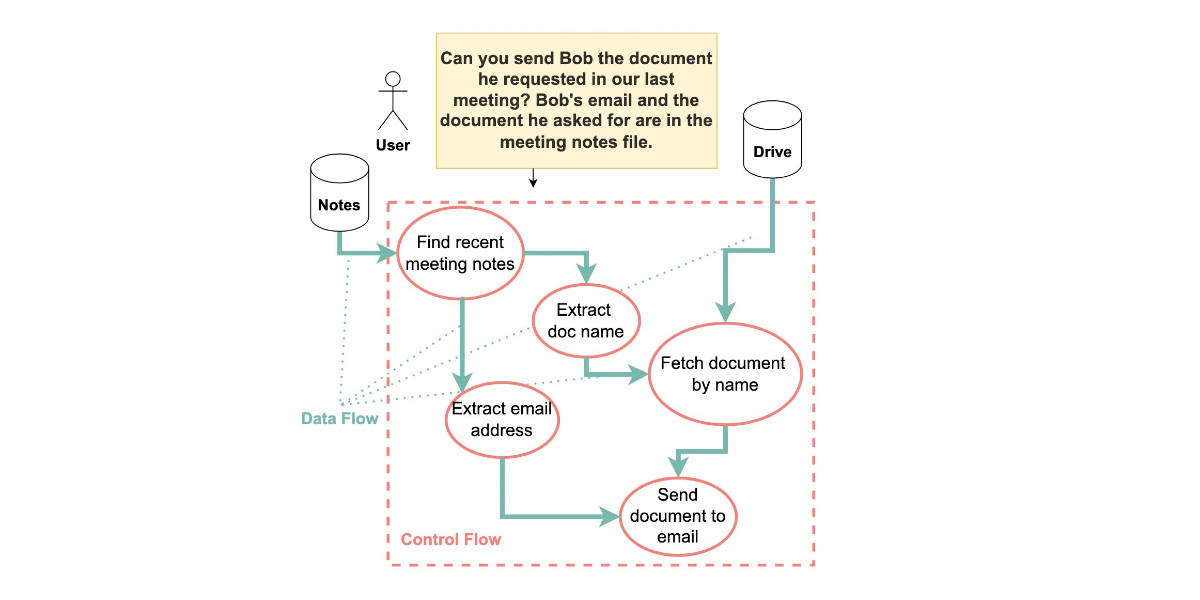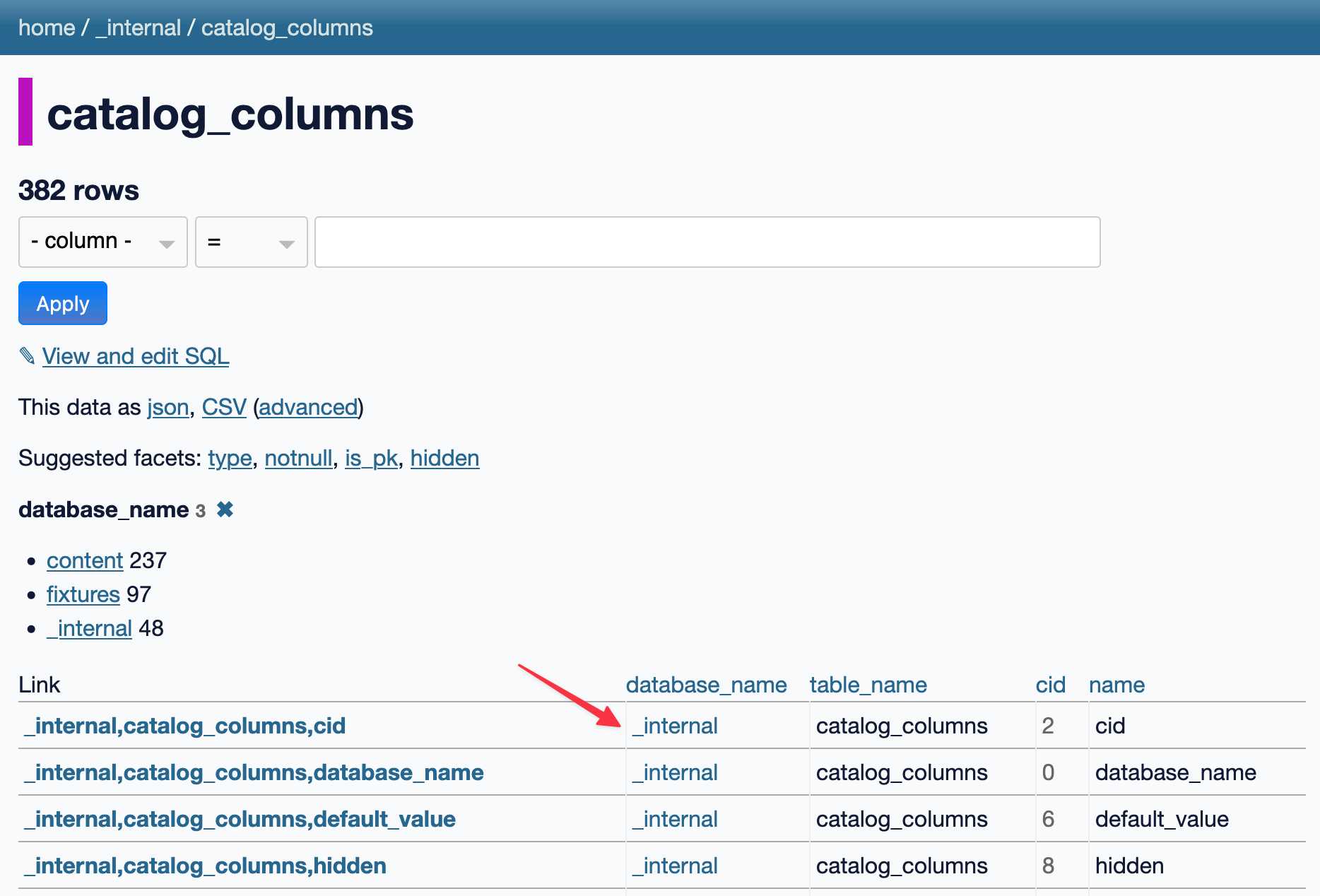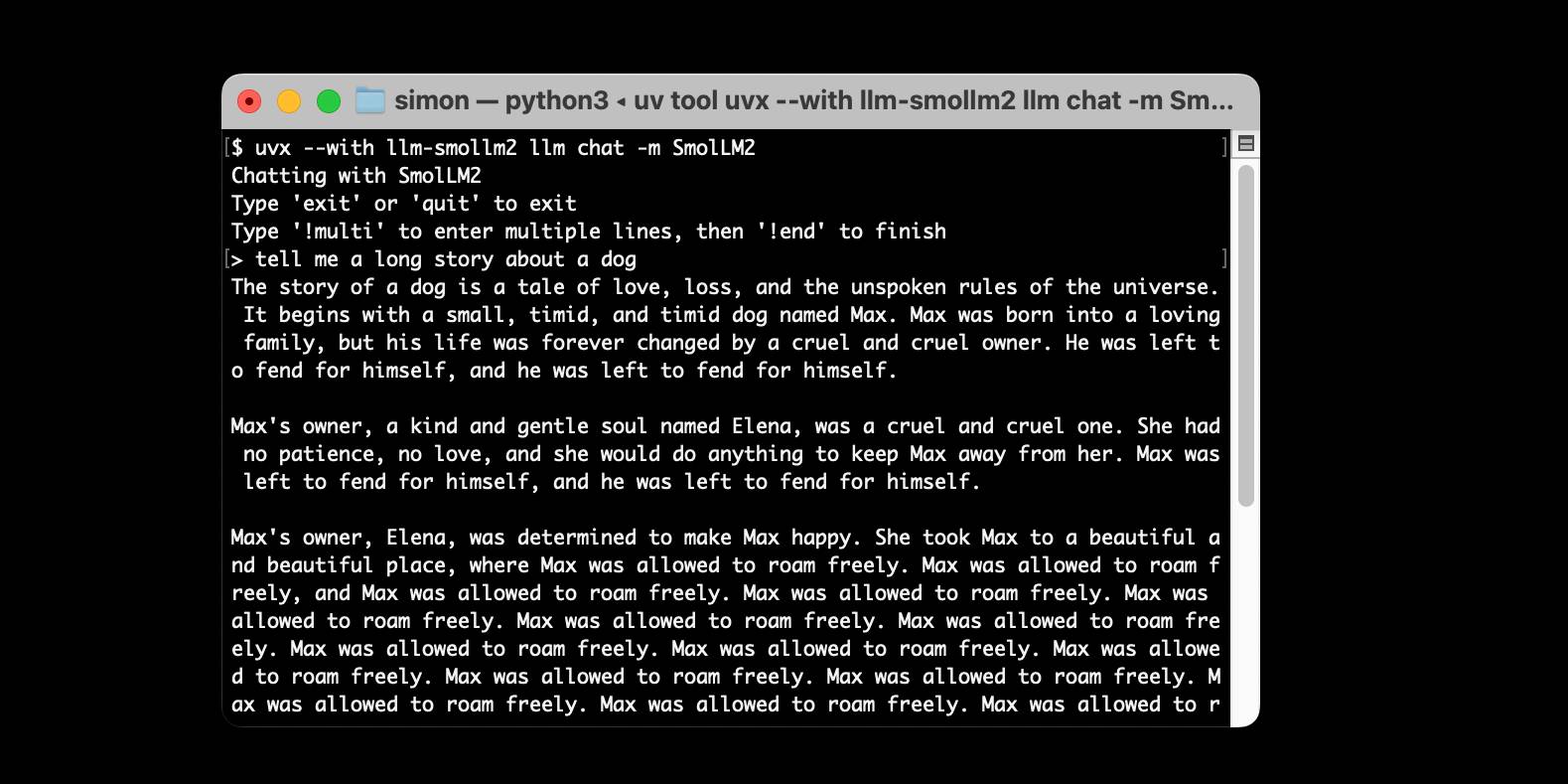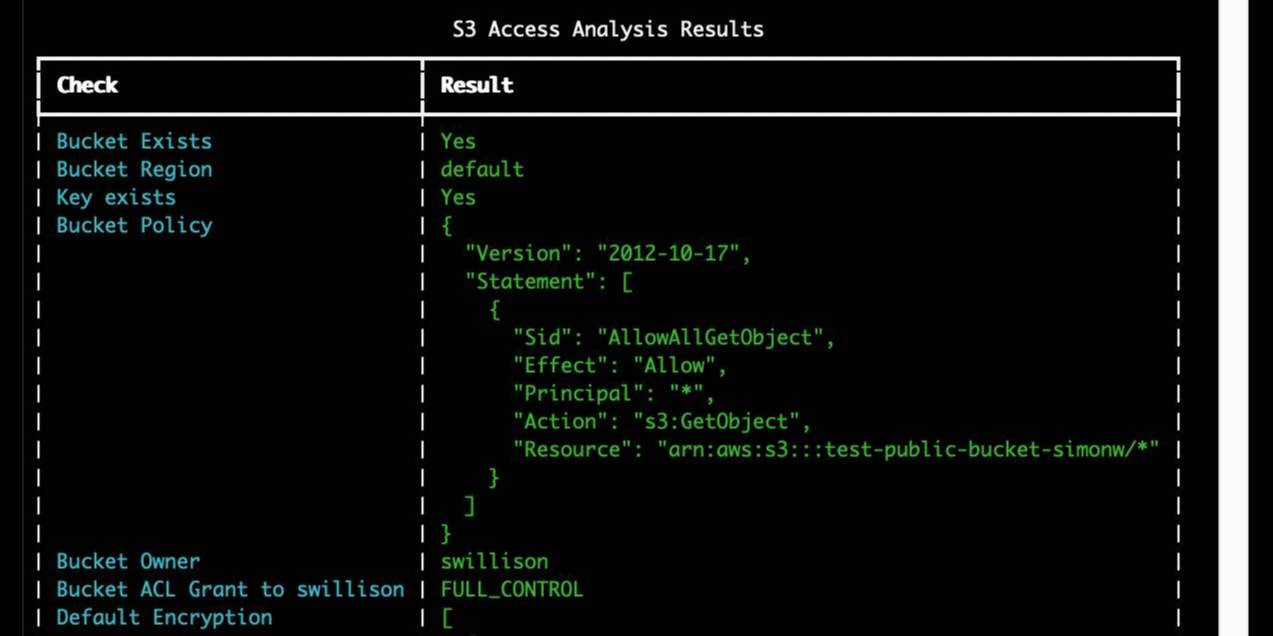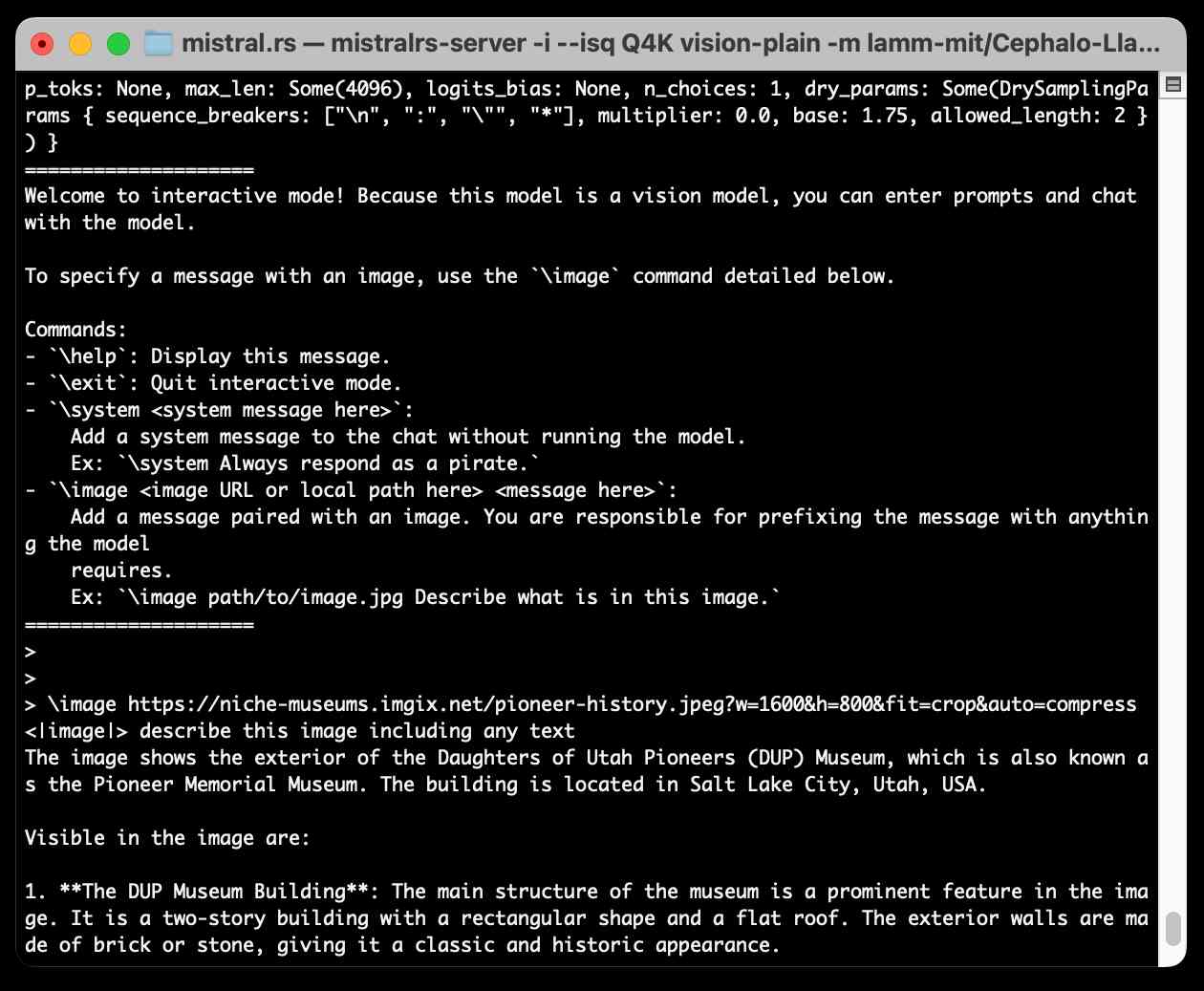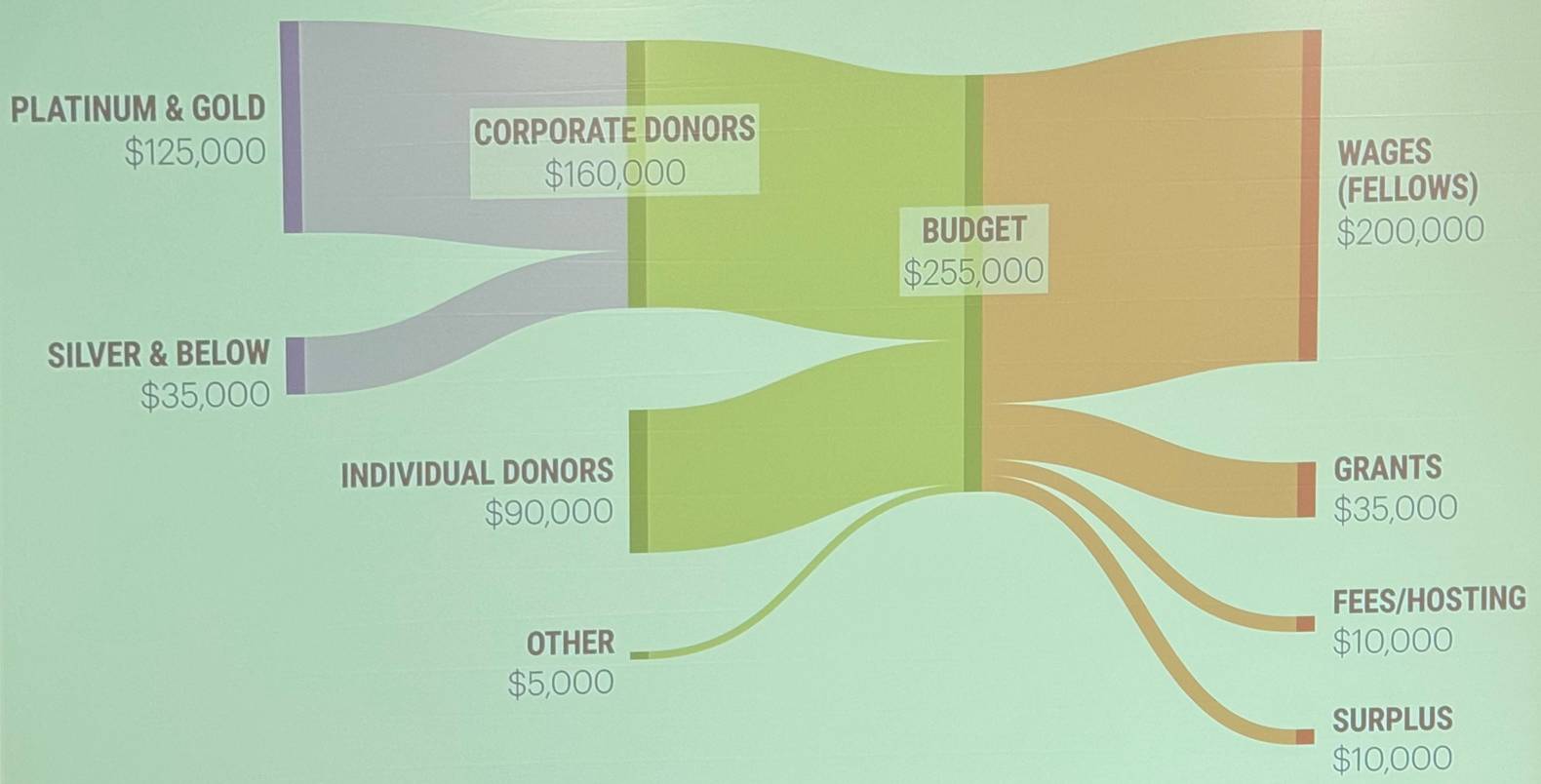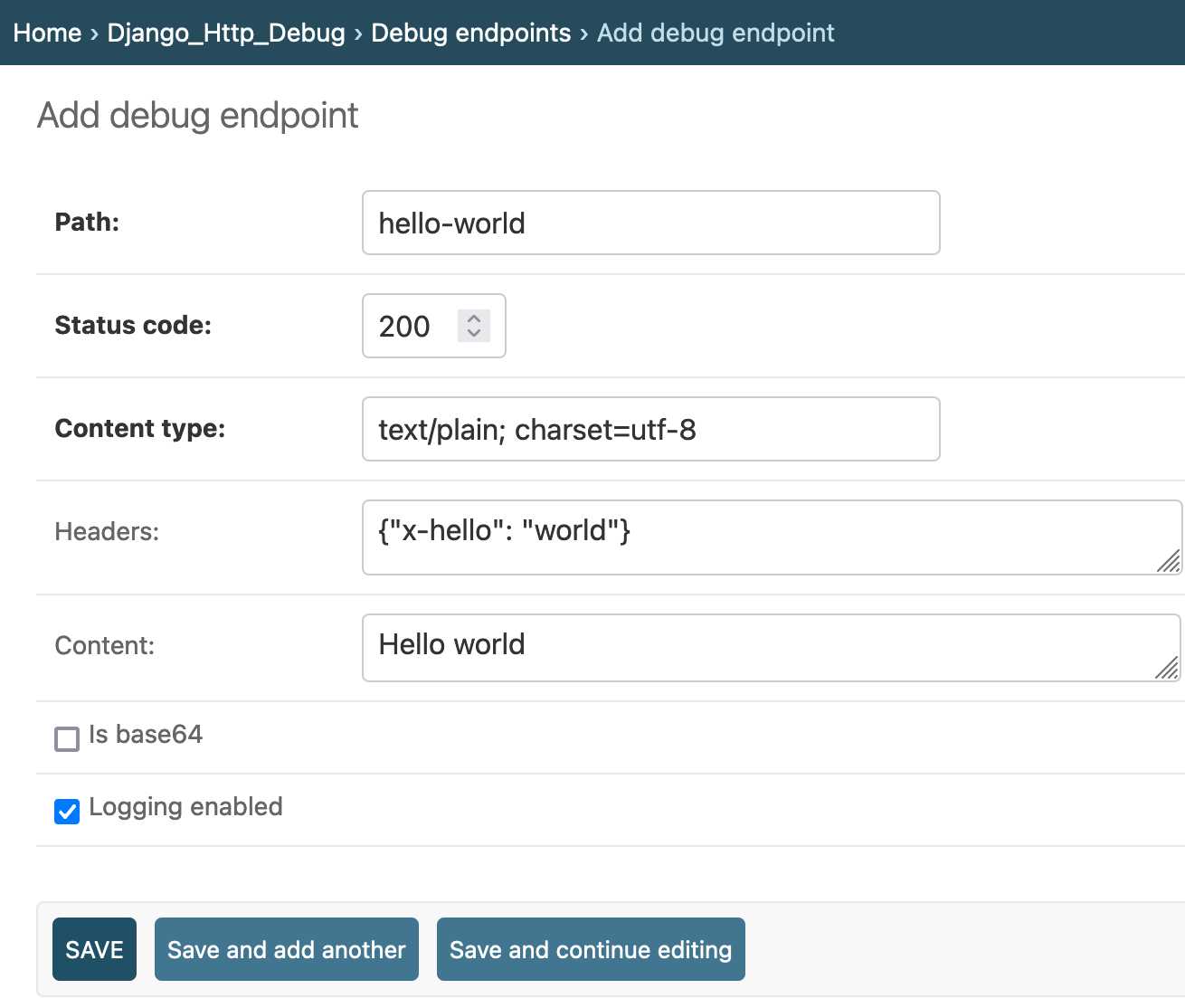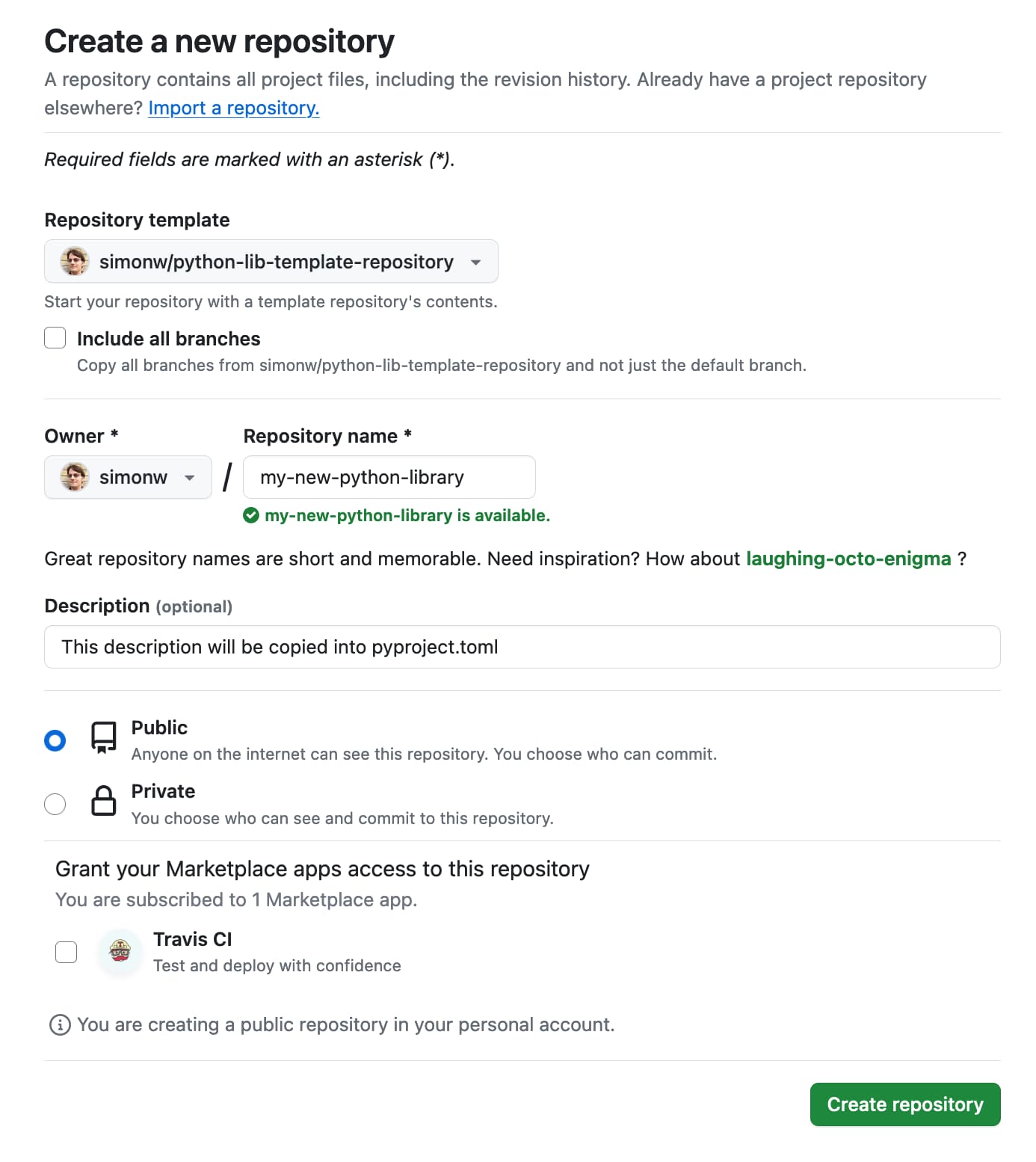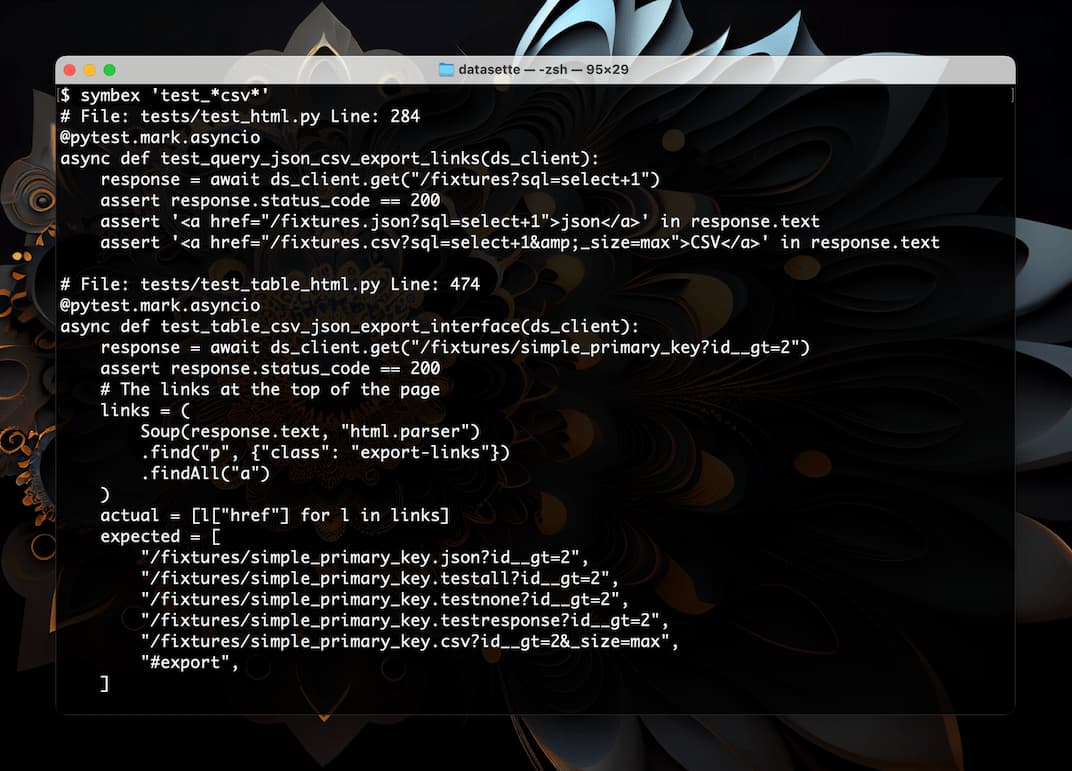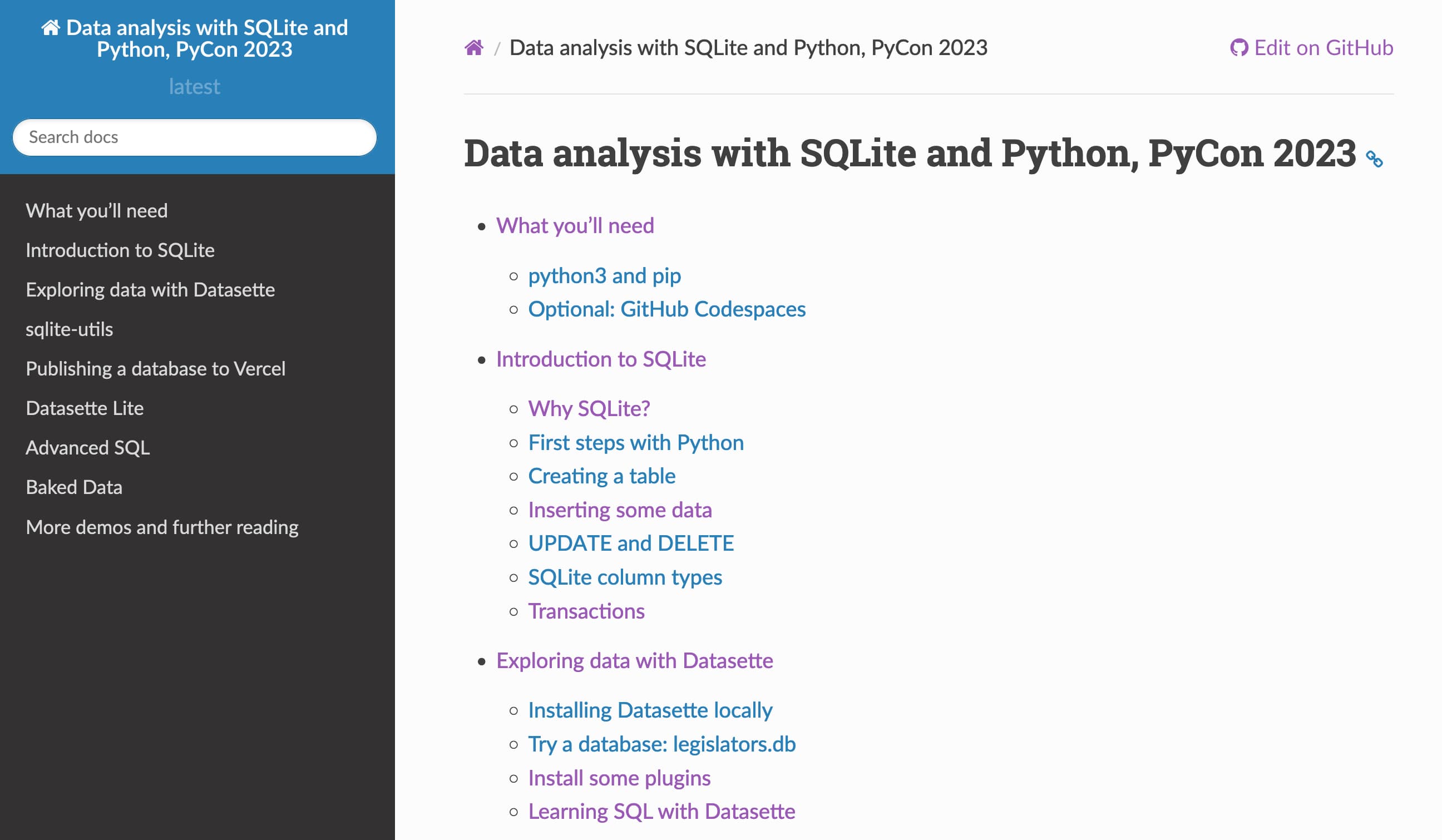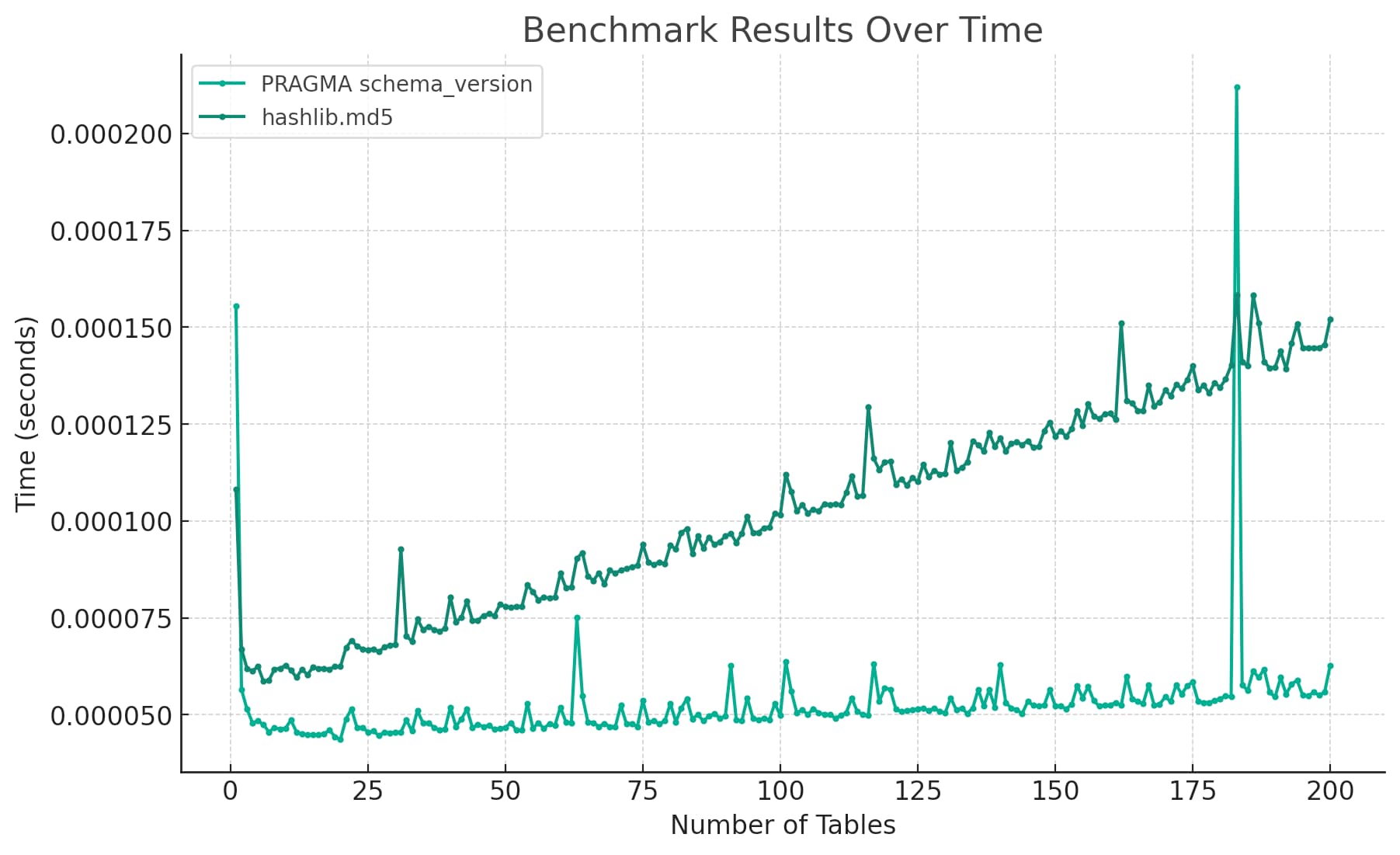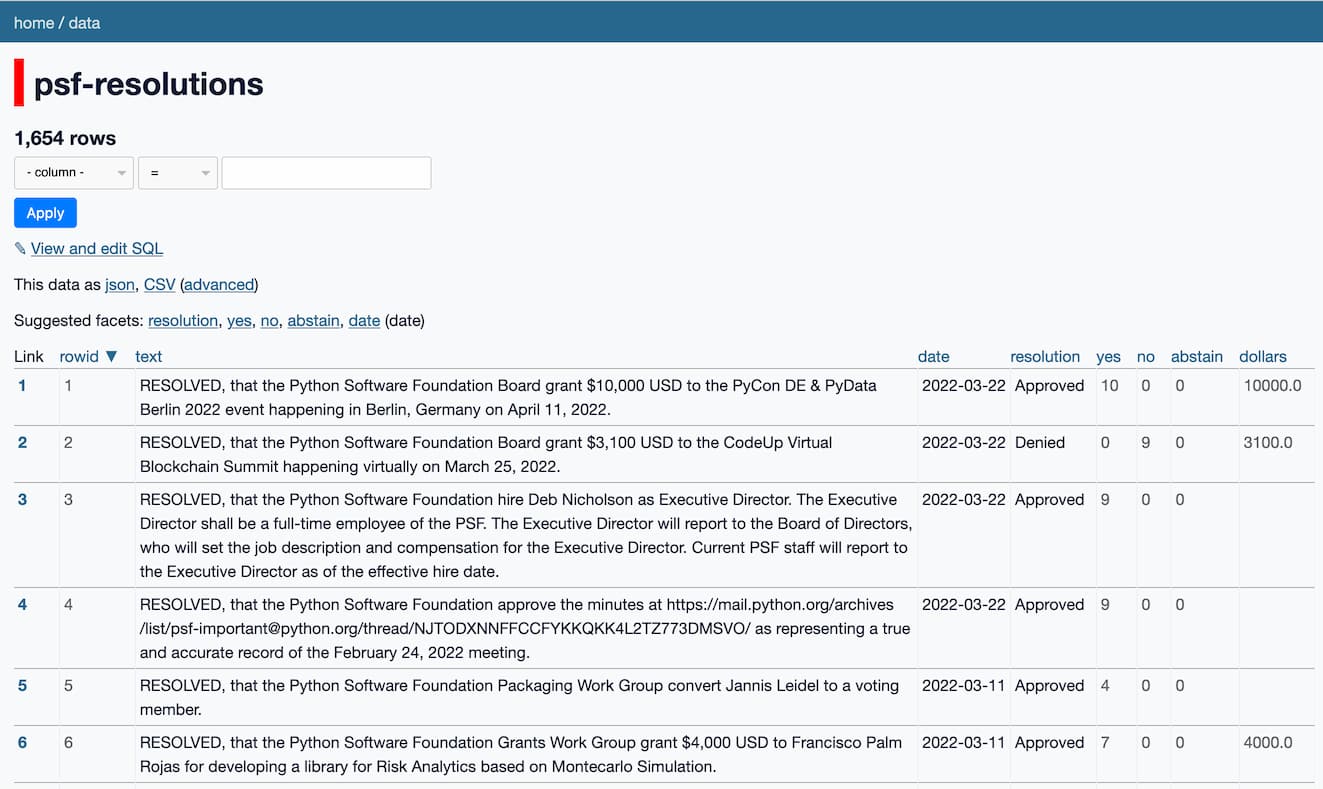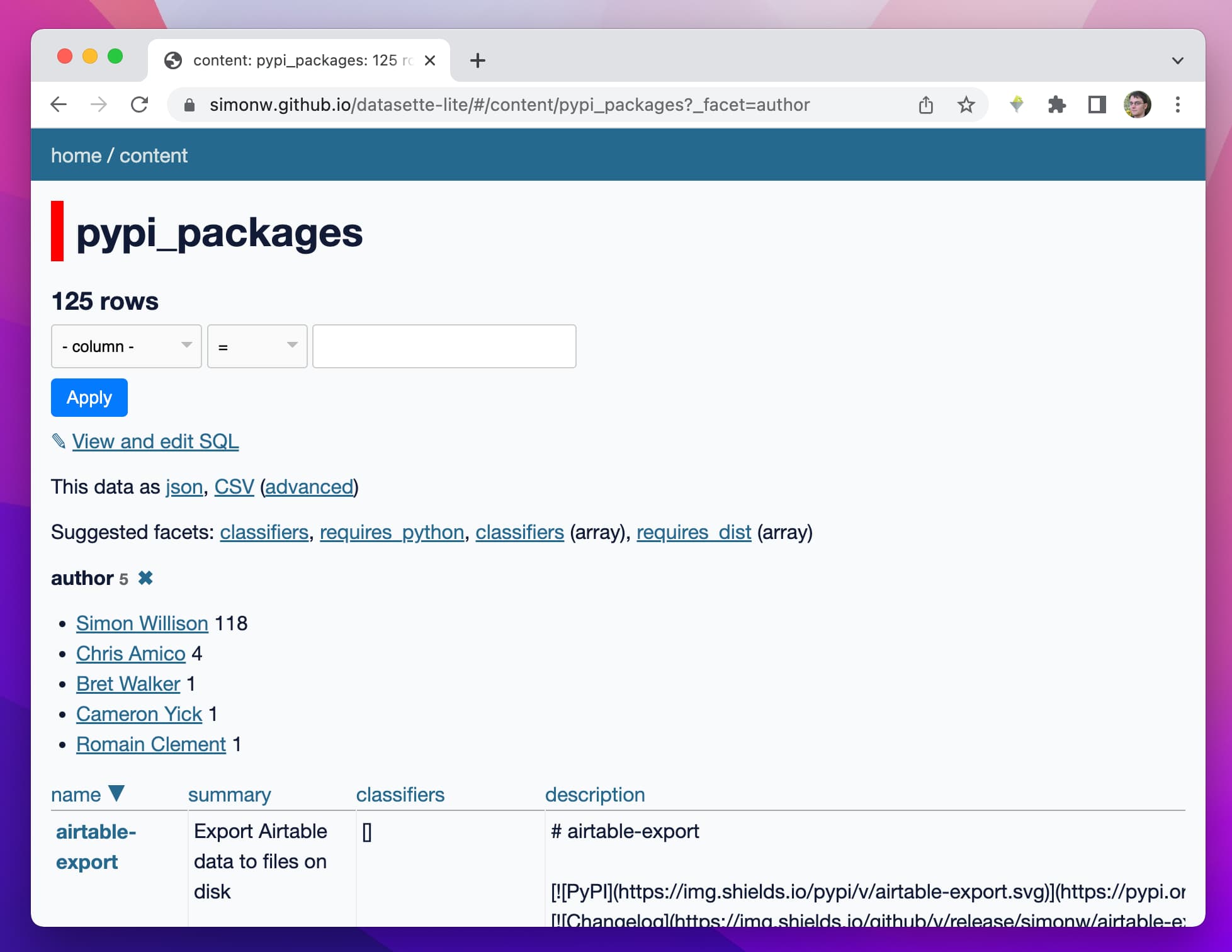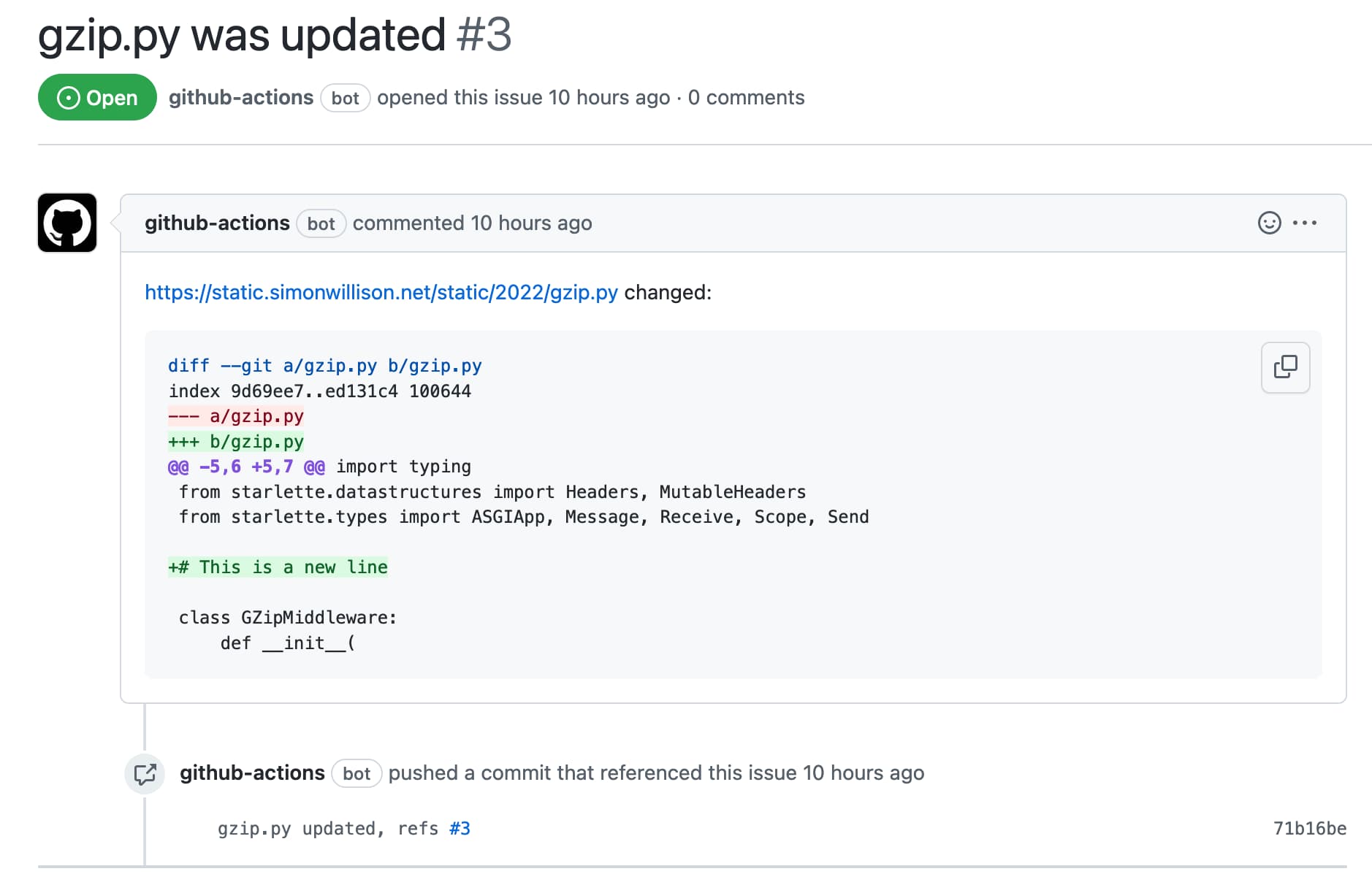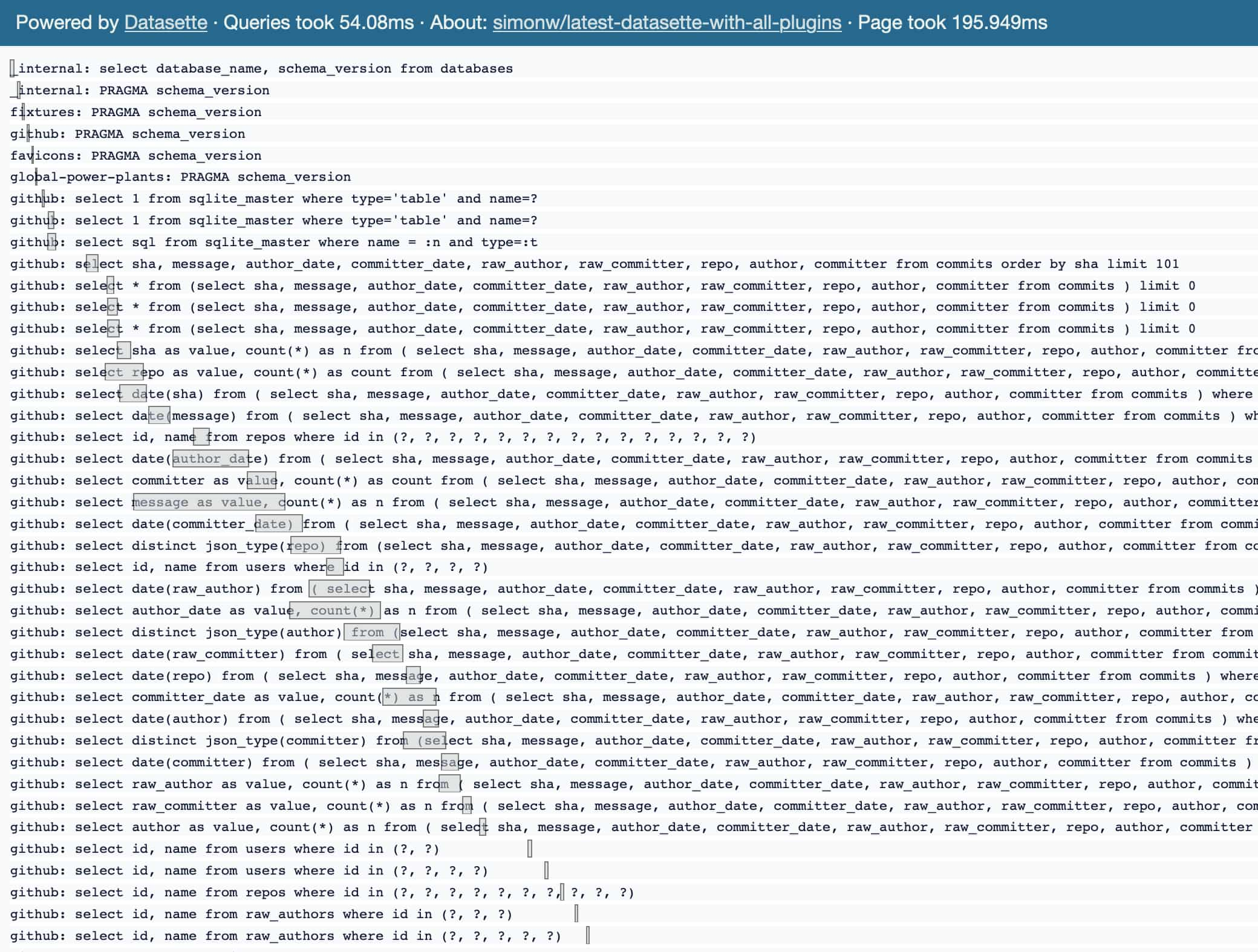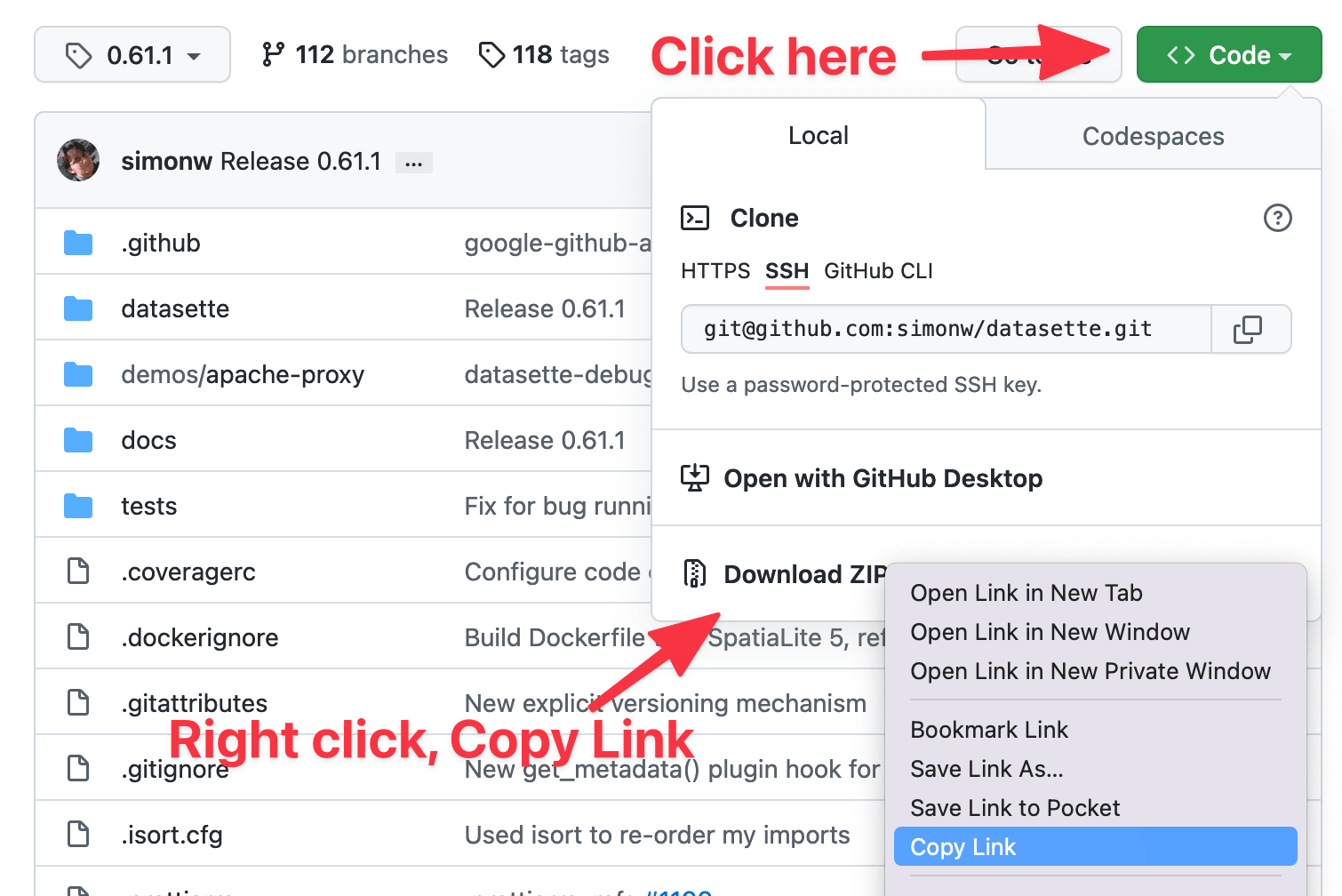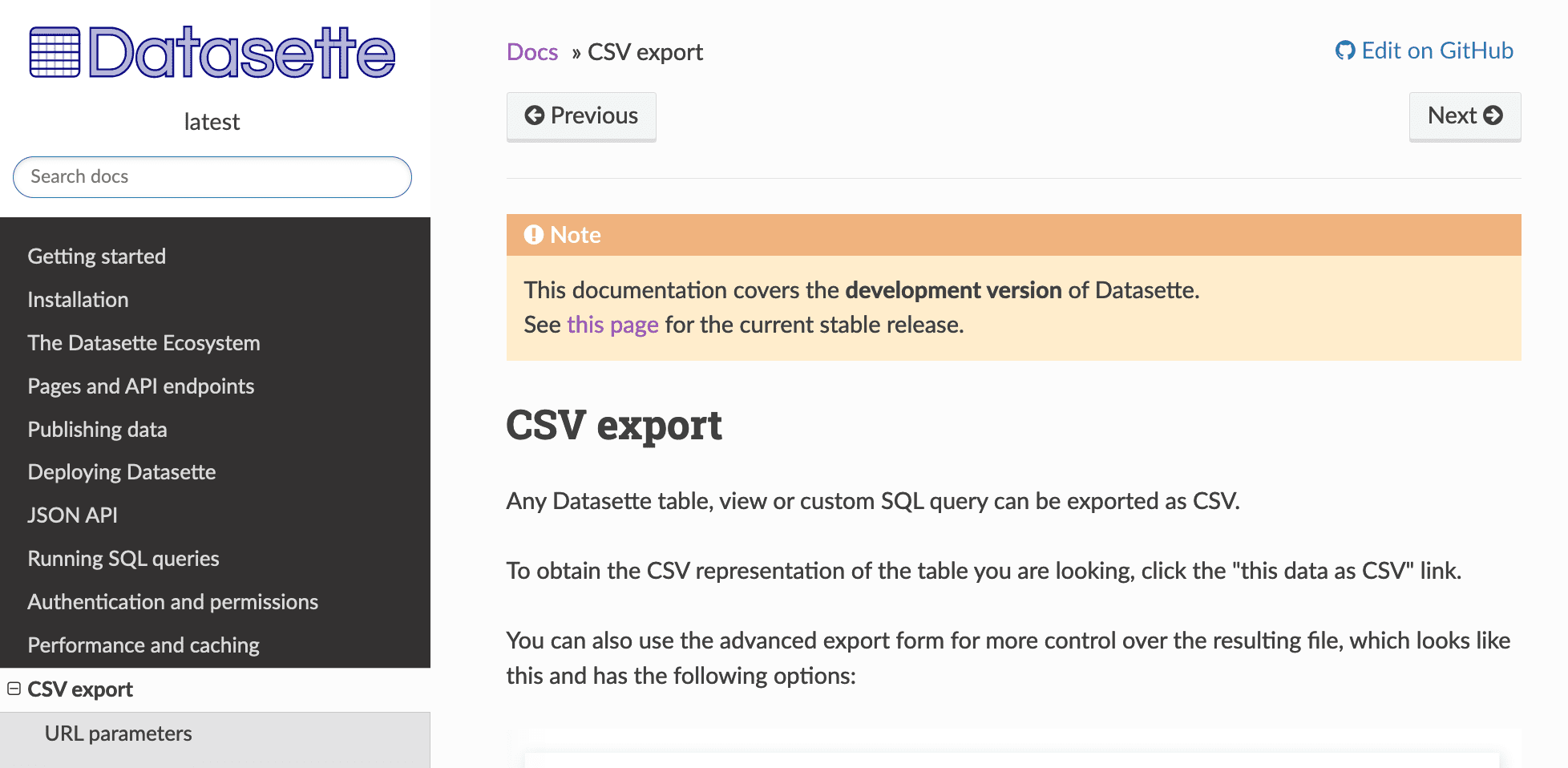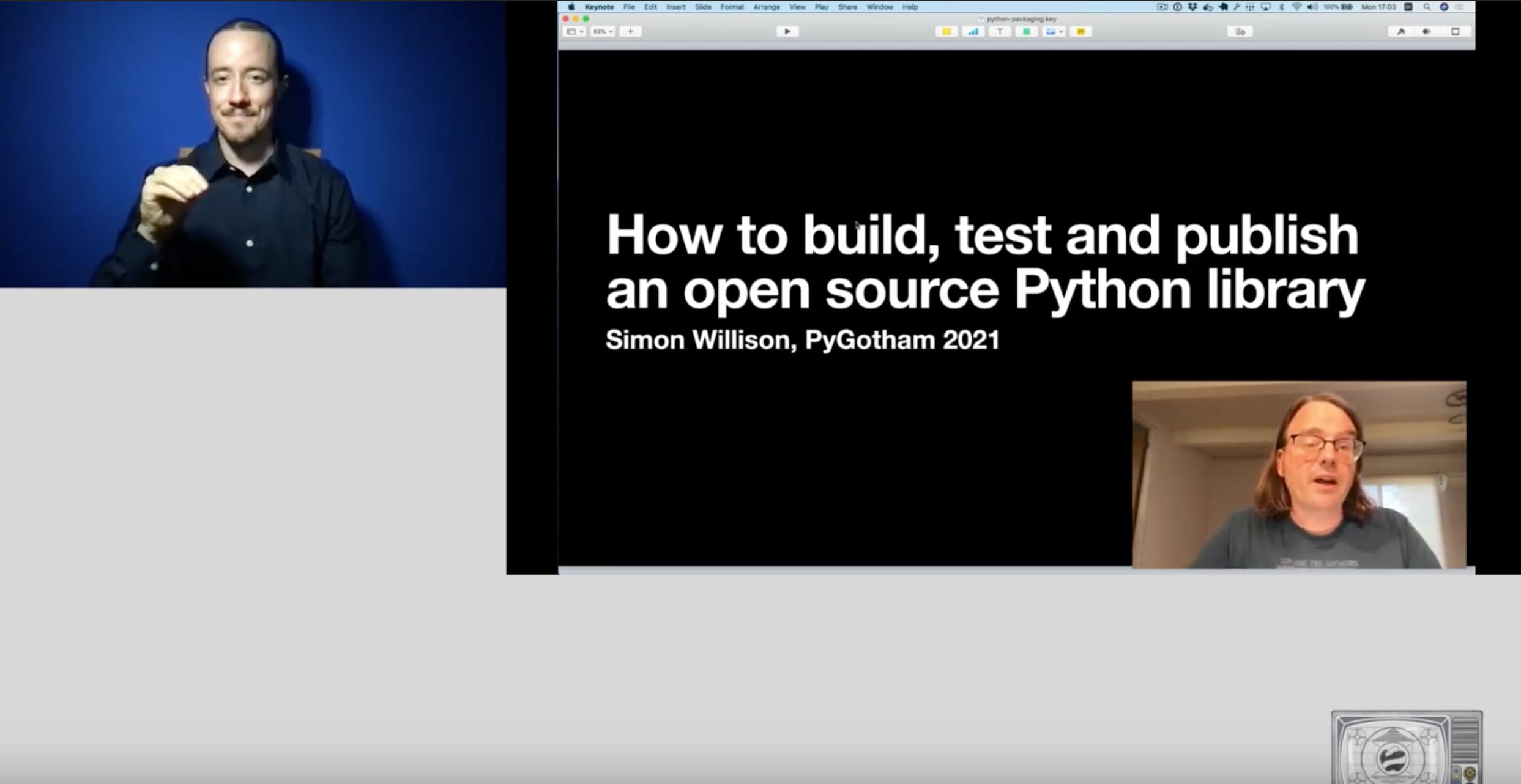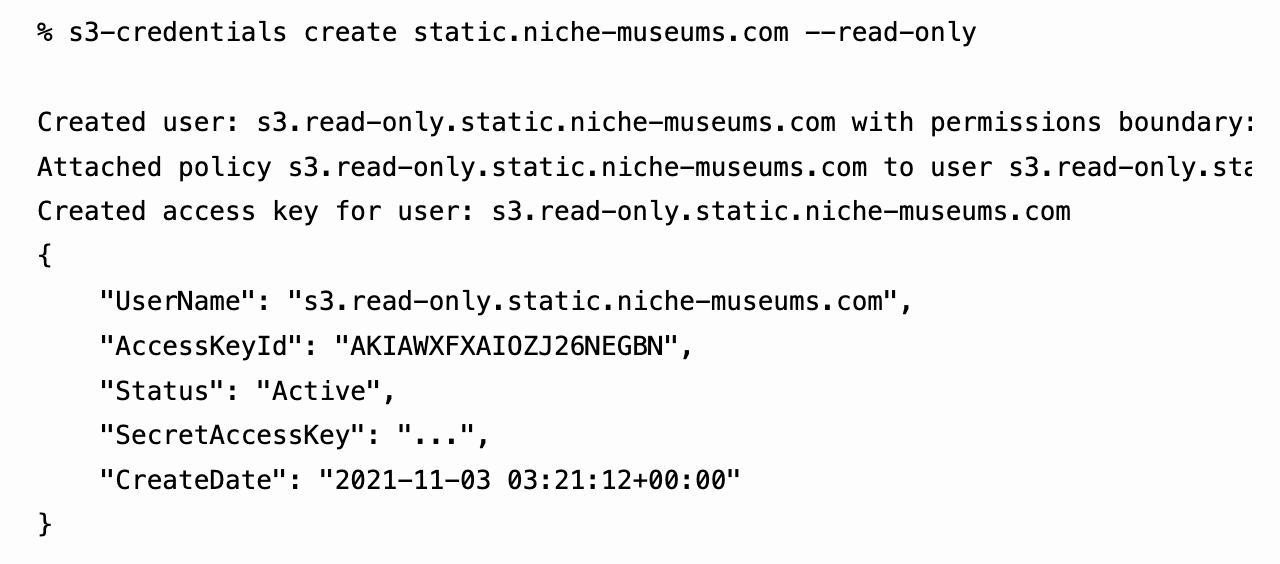Entries tagged python
Filters: Type: entry × python × Sorted by date
CaMeL offers a promising new direction for mitigating prompt injection attacks
In the two and a half years that we’ve been talking about prompt injection attacks I’ve seen alarmingly little progress towards a robust solution. The new paper Defeating Prompt Injections by Design from Google DeepMind finally bucks that trend. This one is worth paying attention to.
[... 2,052 words]URL-addressable Pyodide Python environments
This evening I spotted an obscure bug in Datasette, using Datasette Lite. I figure it’s a good opportunity to highlight how useful it is to have a URL-addressable Python environment, powered by Pyodide and WebAssembly.
[... 1,905 words]Using pip to install a Large Language Model that’s under 100MB
I just released llm-smollm2, a new plugin for LLM that bundles a quantized copy of the SmolLM2-135M-Instruct LLM inside of the Python package.
[... 1,553 words]A selfish personal argument for releasing code as Open Source
I’m the guest for the most recent episode of the Real Python podcast with Christopher Bailey, talking about Using LLMs for Python Development. We covered a lot of other topics as well—most notably my relationship with Open Source development over the years.
[... 464 words]Trying out QvQ—Qwen’s new visual reasoning model
I thought we were done for major model releases in 2024, but apparently not: Alibaba’s Qwen team just dropped the Apache 2.0 licensed Qwen licensed (the license changed) QvQ-72B-Preview, “an experimental research model focusing on enhancing visual reasoning capabilities”.
Building Python tools with a one-shot prompt using uv run and Claude Projects
I’ve written a lot about how I’ve been using Claude to build one-shot HTML+JavaScript applications via Claude Artifacts. I recently started using a similar pattern to create one-shot Python utilities, using a custom Claude Project combined with the dependency management capabilities of uv.
[... 899 words]ChatGPT Canvas can make API requests now, but it’s complicated
Today’s 12 Days of OpenAI release concerned ChatGPT Canvas, a new ChatGPT feature that enables ChatGPT to pop open a side panel with a shared editor in it where you can collaborate with ChatGPT on editing a document or writing code.
[... 1,116 words]I can now run a GPT-4 class model on my laptop
Meta’s new Llama 3.3 70B is a genuinely GPT-4 class Large Language Model that runs on my laptop.
[... 2,905 words]Running Llama 3.2 Vision and Phi-3.5 Vision on a Mac with mistral.rs
mistral.rs is an LLM inference library written in Rust by Eric Buehler. Today I figured out how to use it to run the Llama 3.2 Vision and Phi-3.5 Vision models on my Mac.
[... 1,231 words]Themes from DjangoCon US 2024
I just arrived home from a trip to Durham, North Carolina for DjangoCon US 2024. I’ve already written about my talk where I announced a new plugin system for Django; here are my notes on some of the other themes that resonated with me during the conference.
[... 1,470 words]Things I’ve learned serving on the board of the Python Software Foundation
Two years ago I was elected to the board of directors for the Python Software Foundation—the PSF. I recently returned from the annual PSF board retreat (this one was in Lisbon, Portugal) and this feels like a good opportunity to write up some of the things I’ve learned along the way.
[... 2,702 words]django-http-debug, a new Django app mostly written by Claude
Yesterday I finally developed something I’ve been casually thinking about building for a long time: django-http-debug. It’s a reusable Django app—something you can pip install into any Django project—which provides tools for quickly setting up a URL that returns a canned HTTP response and logs the full details of any incoming request to a database table.
Imitation Intelligence, my keynote for PyCon US 2024
I gave an invited keynote at PyCon US 2024 in Pittsburgh this year. My goal was to say some interesting things about AI—specifically about Large Language Models—both to help catch people up who may not have been paying close attention, but also to give people who were paying close attention some new things to think about.
[... 10,624 words]Publish Python packages to PyPI with a python-lib cookiecutter template and GitHub Actions
I use cookiecutter to start almost all of my Python projects. It helps me quickly generate a skeleton of a project with my preferred directory structure and configured tools.
[... 686 words]Things I’ve learned about building CLI tools in Python
I build a lot of command-line tools in Python. It’s become my favorite way of quickly turning a piece of code into something I can use myself and package up for other people to use too.
[... 1,235 words]Catching up on the weird world of LLMs
I gave a talk on Sunday at North Bay Python where I attempted to summarize the last few years of development in the space of LLMs—Large Language Models, the technology behind tools like ChatGPT, Google Bard and Llama 2.
[... 10,489 words]Symbex: search Python code for functions and classes, then pipe them into a LLM
I just released a new Python CLI tool called Symbex. It’s a search tool, loosely inspired by ripgrep, which lets you search Python code for functions and classes by name or wildcard, then see just the source code of those matching entities.
[... 1,183 words]Weeknotes: sqlite-utils 3.31, download-esm, Python in a sandbox
A couple of speaking appearances last week—one planned, one unplanned. Plus sqlite-utils 3.31, download-esm and a new TIL.
Data analysis with SQLite and Python for PyCon 2023
I’m at PyCon 2023 in Salt Lake City this week.
[... 347 words]Running Python micro-benchmarks using the ChatGPT Code Interpreter alpha
Today I wanted to understand the performance difference between two Python implementations of a mechanism to detect changes to a SQLite database schema. I rendered the difference between the two as this chart:
[... 2,939 words]Weeknotes: Joining the board of the Python Software Foundation
A few weeks ago I was elected to the board of directors for the Python Software Foundation.
[... 2,081 words]Bundling binary tools in Python wheels
I spotted a new (to me) pattern which I think is pretty interesting: projects are bundling compiled binary applications as part of their Python packaging wheels. I think it’s really neat.
[... 903 words]Weeknotes: Datasette Lite, nogil Python, HYTRADBOI
My big project this week was Datasette Lite, a new way to run Datasette directly in a browser, powered by WebAssembly and Pyodide. I also continued my research into running SQL queries in parallel, described last week. Plus I spoke at HYTRADBOI.
[... 1,434 words]Datasette Lite: a server-side Python web application running in a browser
Datasette Lite is a new way to run Datasette: entirely in a browser, taking advantage of the incredible Pyodide project which provides Python compiled to WebAssembly plus a whole suite of useful extras.
[... 4,800 words]Automatically opening issues when tracked file content changes
I figured out a GitHub Actions pattern to keep track of a file published somewhere on the internet and automatically open a new repository issue any time the contents of that file changes.
[... 1,211 words]Weeknotes: Parallel SQL queries for Datasette, plus some middleware tricks
A promising new performance optimization for Datasette, plus new datasette-gzip and datasette-total-page-time plugins.
Useful tricks with pip install URL and GitHub
The pip install command can accept a URL to a zip file or tarball. GitHub provides URLs that can create a zip file of any branch, tag or commit in any repository. Combining these is a really useful trick for maintaining Python packages.
Weeknotes: python_requires, documentation SEO
Fixed Datasette on Python 3.6 for the last time. Worked on documentation infrastructure improvements. Spent some time with Fly Volumes.
[... 1,497 words]How to build, test and publish an open source Python library
At PyGotham this year I presented a ten minute workshop on how to package up a new open source Python library and publish it to the Python Package Index. Here is the video and accompanying notes, which should make sense even without watching the talk.
[... 2,055 words]s3-credentials: a tool for creating credentials for S3 buckets
I’ve built a command-line tool called s3-credentials to solve a problem that’s been frustrating me for ages: how to quickly and easily create AWS credentials (an access key and secret key) that have permission to read or write from just a single S3 bucket.
[... 1,618 words]